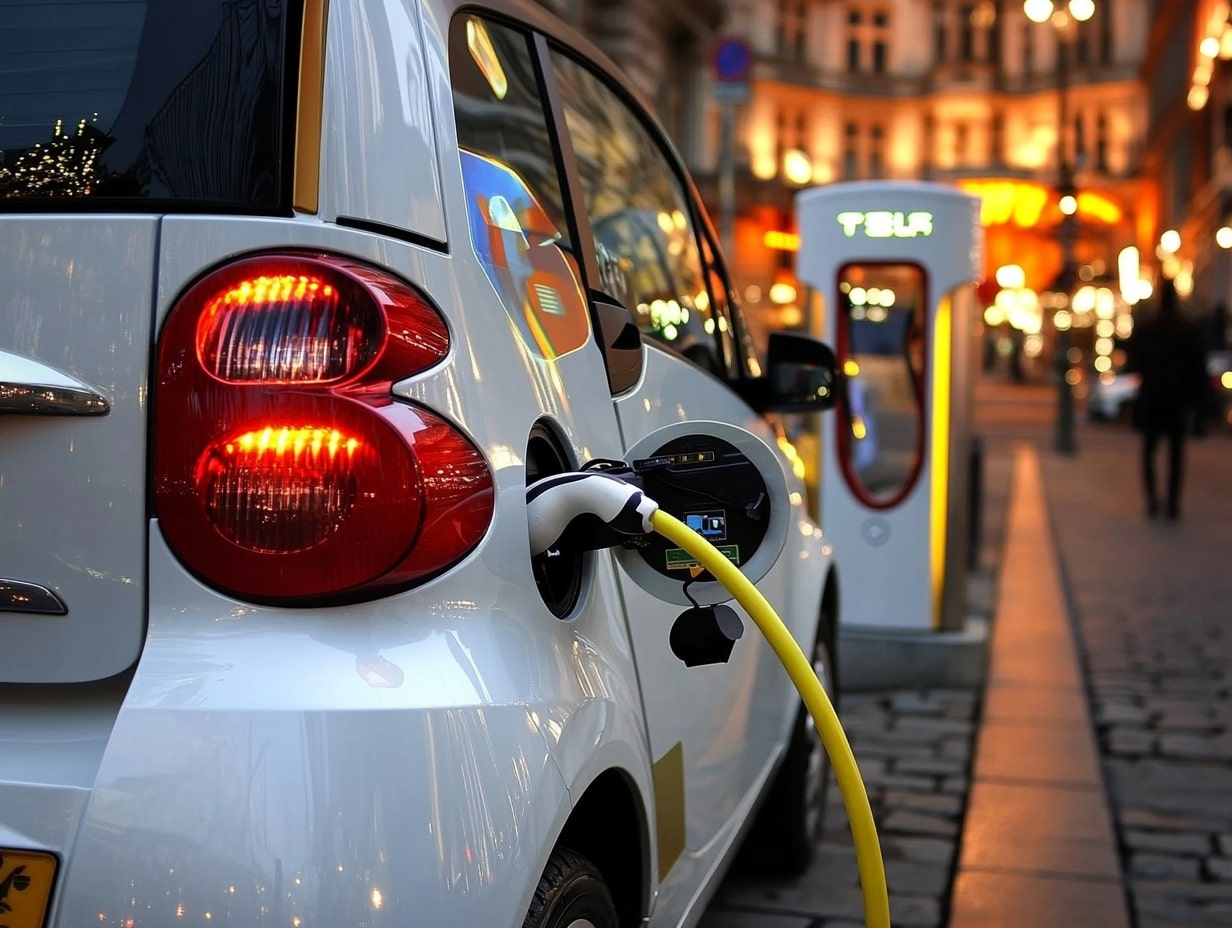Germany, hit by bad economic news in recent weeks, led a drop in European car sales last month as demand for electric vehicles cratered.
EV deliveries in the region’s biggest car market plunged 69 per cent during August to just over 27,000 vehicles, the European Automobile Manufacturers’ Association said Thursday. The reversal comes after sales surged in Germany a year ago ahead of the government ending incentives for electric company cars.
Europe’s biggest economy is weathering a spate of setbacks at its industrial core. Volkswagen AG, the continent’s biggest automaker, has scrapped a decades-old labor pact and is poised to close domestic factories in Germany for the first time ever due to lagging demand. BMW AG cut its full-year earnings guidance, partly citing sluggish EV sales. Elsewhere, chipmaker Intel Corp. has pushed back building a planned factory for which the country’s government had earmarked €10 billion ($11.1 billion) in subsidies.
“Germany’s economy isn’t gaining momentum and consumers as well as investors are holding back,” EY’s mobility lead for Western Europe, Constantin Gall, said in a note. “Geopolitical tensions and violent conflicts are weighing on sentiment.”
As governments pull back costly incentives, EV demand is retreating with Germany leading a Europe-wide slowdown. Battery-car market share has shrunk to 14 per cent in the region through August, down from just over 15 per cent this time last year, upending carmaker strategies in the shift away from combustion engines. With government incentives falling away in a range of countries, consumers battling high costs of living are shying away from purchasing comparatively expensive EVs.
Across Europe, new-car registrations dropped 16.5 per cent compared to a year ago to 755,717 million units last month with declines also in France and Italy.
The downturn in EVs is putting carmakers like VW and Renault SA at risk of hefty fines as tighter European Union fleet-emissions rules are set to kick in next year. The UK was the only major market where EV sales rose, gaining 10.8 per cent.
Renault is among those urging Brussels to have “flexibility” on EV targets in light of the downturn and potential cost to the industry.
Even beyond expensive EVs, Europeans are buying fewer cars. Since reaching a peak of roughly 15 million units in 2019, a steady onslaught of problems has weighed on sales, from the pandemic and supply-chain disruptions to inflation and ongoing economic weakness, particularly in Germany, the continent’s biggest market.






